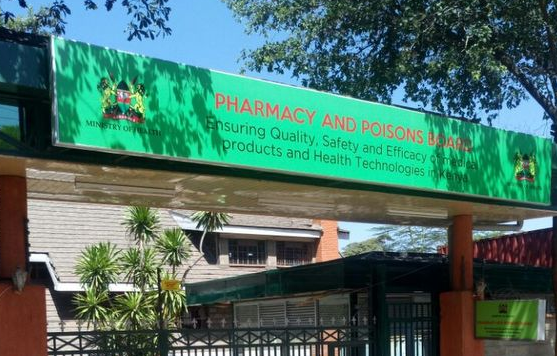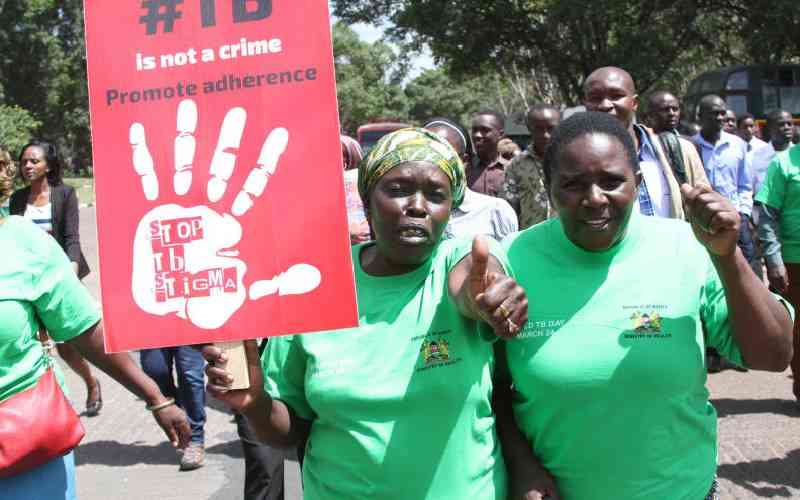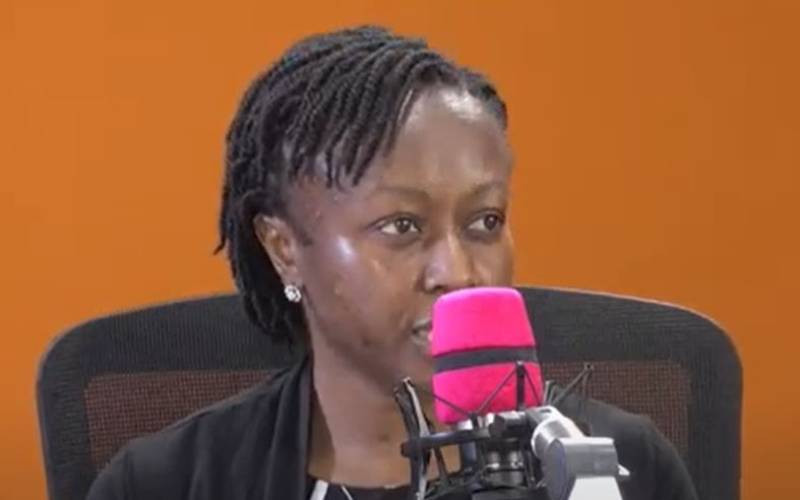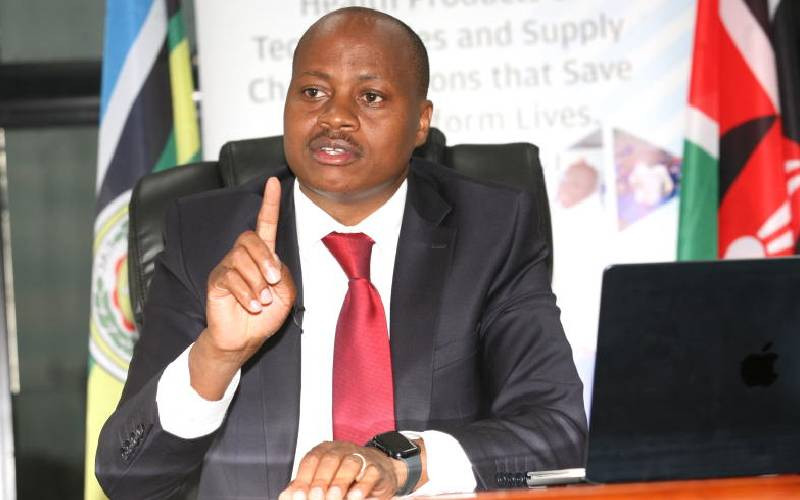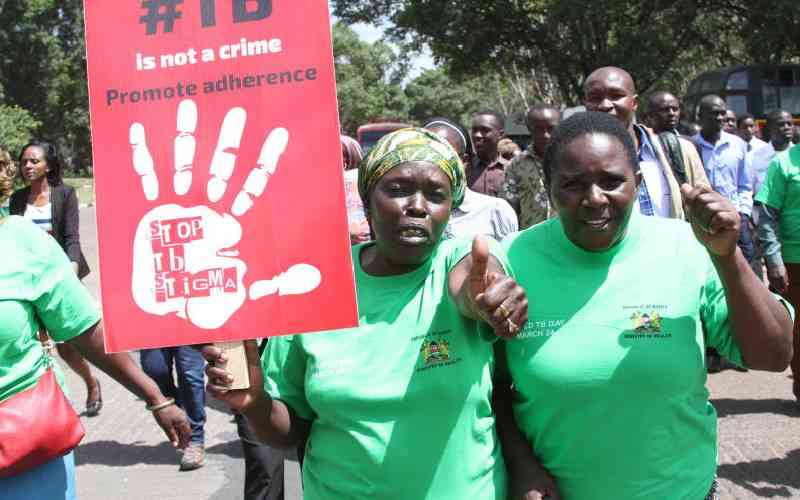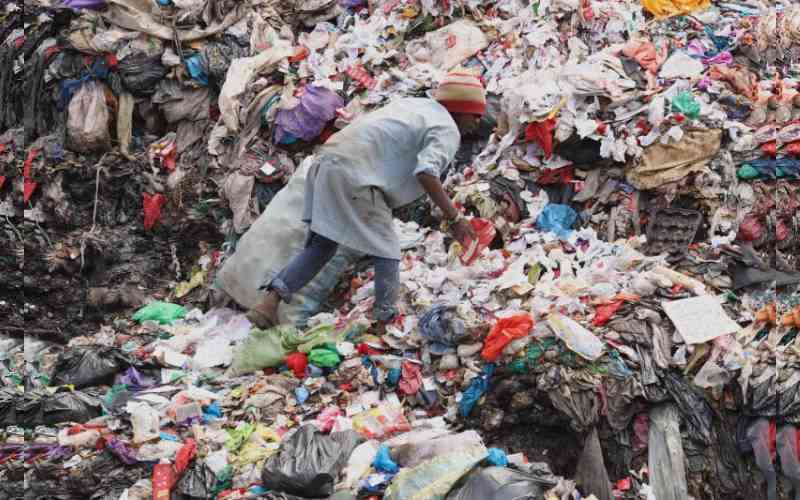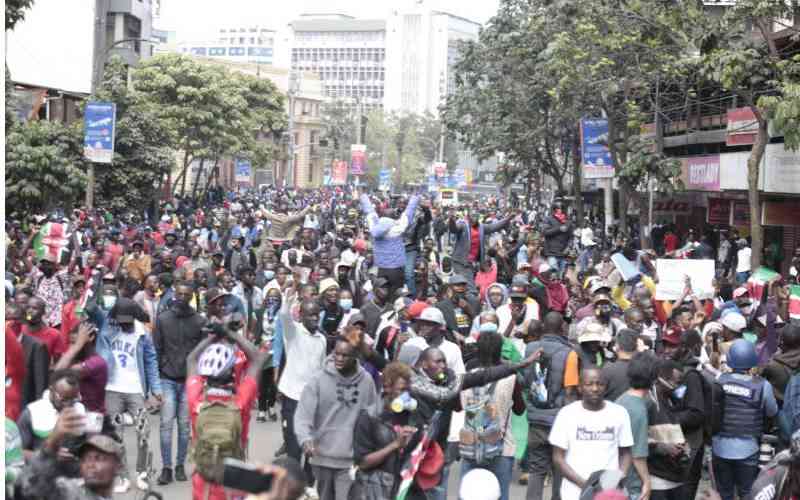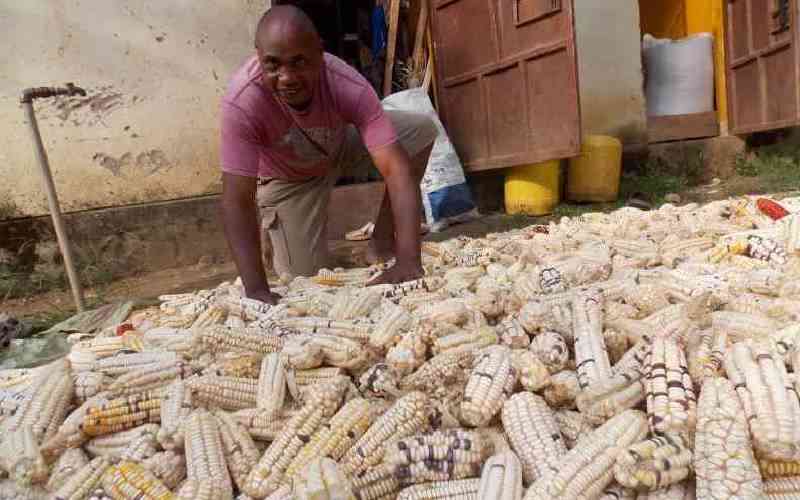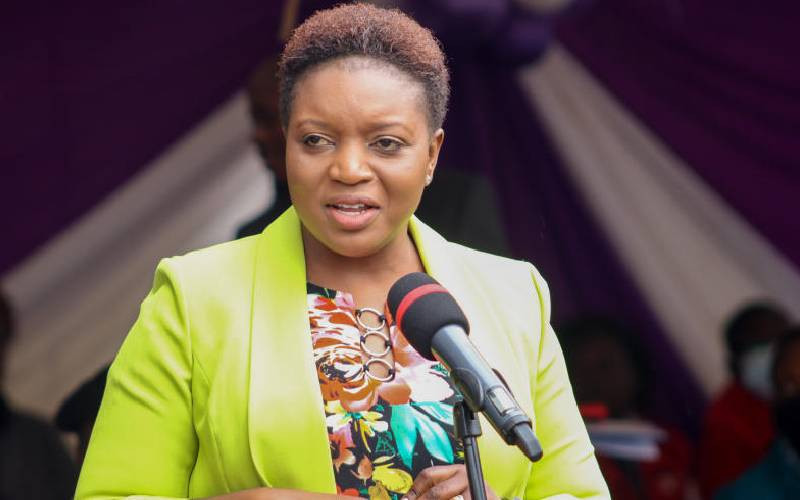
The government has returned Sh87 million to the Global Fund following misappropriation of funds in the malaria programme, at a time the country is struggling economically.
The Global Fund had directed Kenya to return Sh187 million, money lost in distribution of mosquito nets under the 2020/21 malaria programme funded by the donor.
Health Cabinet Secretary Susan Nakhumicha said she met Global Fund Executive Director Peter Sands together with President William Ruto on the matter.
"I went to Geneva and met Global Fund. Equally, the Executive Director of Global Fund Peter Anders was here, I met him together with President William Ruto, and we discussed those issues. We have been doing a verification exercise, and out of that Sh187 million, I think we are down to about less than Sh100 million," said Ms Nakhumicha told The Standard in an interview.
She said though verification is ongoing, more focus has been put on improving the system and stakeholder engagement, to avoid recurrence of misappropriation of funds.
- Shrinking donor funding, vaccine shortages expose Kenya's struggles
- Kenya secures Sh59.7 billion Global Fund commitment to combat HIV, TB and Malaria
Keep Reading
"Verification is ongoing, but the bigger picture is how to ensure that does not happen again," she said.
In a demand letter privy to The Standard, Global Fund said the money was lost through overpayment, payment made without receipt and exaggerated cost in mass camping exercise.
In its audit review report, Global Fund questioned costs amounting to Sh72.8 million, of a total allocation of the Sh187 million, an amount which the government was directed to refund in May.
Questionable costs
"Compliance with financial management controls around the 2020/21 campaign were inadequate. This is demonstrated by the significant questioned costs and controls gaps around payment. Action should be taken by the Division of National Malaria Programme (DNMP) and the National Treasury to resolve these within allocated time frame, otherwise the outstanding amount, up to US$1,353, 294.24 must be refunded," read a section of the letter written by Protocol Manager Paul McCarrick.
The letter dated April 3, 2023, was addressed to the sacked State Department for Public Health and Professional Standards PS Josephine Mburu, and then PS State Department for Medical Services Peter Tum and Health CS Susan Nakhumicha, demanding action.
According to the donor, the money should be refunded and be subjected to further review.
In the malaria programme, the Ministry of Health through DMNP distributed approximately 16.2 million long lasting insecticide nets in 27 malaria endemic counties in 2020/21 mass campaign.
The mass campaign was to be conducted at household level.
As a follow-up to assess quality of the mass campaign, the donor did a spot-check in December 2021, and found distribution of the nets wanting.
The donor identified gross in expenditure of money. The gaps were further noted by the National Treasury in its internal audit review dated March 7, 2022, according to the donor.
Among the lapse identified included inaccurate description of transactions in the mobile money (M-Pesa) statement, over billing and over payment of fuel and security officers.
The Global Fund audit also identified instances where allowances paid for respective activities were more compared to the support document.
Overpaid amount totalled to Sh1,107,850.
Counties which reported overpayment during the mass campaign were Turkana, Uasin Gishu, Kisumu, Migori, Kwale, Mombasa and Nandi at Sh445,800, Sh123,000, Sh196,550, Sh37,500, Sh60,000, Sh112,500, Sh132,500 respectively.
For instance, in Vihiga, review documented an instance of overpayment of allowance to a sub-county malaria coordinator. Schedules indicated that the coordinator had worked in seven wards, charging five days at each ward as a distribution supervisor.
But the distribution at the different wards spanned only nine days between June 21 and June 29, 2021.
In the Global Fund audit report, narrations for all transactions were indicated as salary payment, which was erroneous and non-transparent, according to Global Fund.
Procurement at the county level was also not carried out as stipulated under the law.
 The Standard Group Plc is a multi-media organization with investments in media platforms spanning newspaper print
operations, television, radio broadcasting, digital and online services. The Standard Group is recognized as a
leading multi-media house in Kenya with a key influence in matters of national and international interest.
The Standard Group Plc is a multi-media organization with investments in media platforms spanning newspaper print
operations, television, radio broadcasting, digital and online services. The Standard Group is recognized as a
leading multi-media house in Kenya with a key influence in matters of national and international interest.

